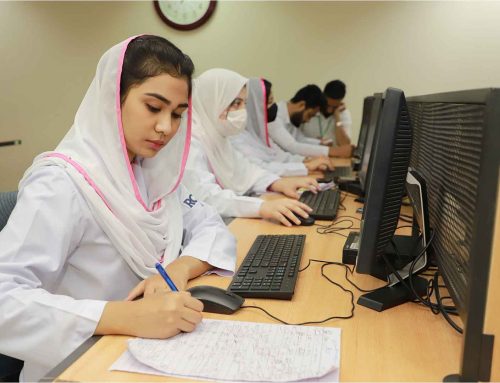
The Evolution of Nursing Education
Nursing, as a profession, has always been at the heart of healthcare, providing care and compassion to those in need. However, the role of nurses and the demands of the healthcare landscape have evolved significantly over the years. This evolution is reflected in the way nursing education has transformed to equip nurses with the skills and knowledge required to thrive in today's dynamic healthcare environment.
The Traditional Approach
In the past, nursing education often followed a more traditional model, focusing primarily on clinical skills and basic medical knowledge. Nurses were trained to carry out tasks efficiently, providing direct patient care under the guidance of physicians. While this approach produced dedicated and compassionate caregivers, it sometimes lacked the comprehensive understanding of medical concepts and critical thinking skills required to address complex healthcare challenges.
The Shift to Comprehensive Education
As healthcare systems became more intricate and patients' needs diversified, nursing education underwent a significant shift. Modern nursing programs now emphasize a holistic approach, encompassing not only clinical skills but also a deep understanding of medical sciences, research methodologies, communication skills, and cultural sensitivity. Nurses are trained to be critical thinkers, capable of making informed decisions, advocating for patients, and collaborating with interdisciplinary teams.
Technology's Impact
In the digital age, technology has become an integral part of healthcare. Nurses are now expected to be proficient in utilizing electronic health records (EHRs), medical devices, and telemedicine tools. Nursing education has adapted to include training on these technologies, ensuring that nurses are comfortable with using them to enhance patient care, streamline processes, and stay connected with patients and colleagues remotely.
Emphasis on Soft Skills
Beyond medical and technical knowledge, modern nursing education places a strong emphasis on soft skills. Communication, empathy, and cultural competence are vital attributes for nurses to build meaningful relationships with patients, families, and colleagues. The ability to provide emotional support, actively listen to patients' concerns, and tailor care to individual needs is a hallmark of contemporary nursing practice.
Conclusion
The evolution of nursing education is a testament to the profession's commitment to staying current and relevant in a rapidly changing healthcare landscape. Today's nurses are not just caregivers; they are leaders, advocates, and partners in healthcare delivery. Nursing education continues to adapt, ensuring that nurses are equipped with the skills and competencies needed to provide high-quality care, contribute to research and innovation, and make a lasting impact on the health and well-being of individuals and communities worldwide.




